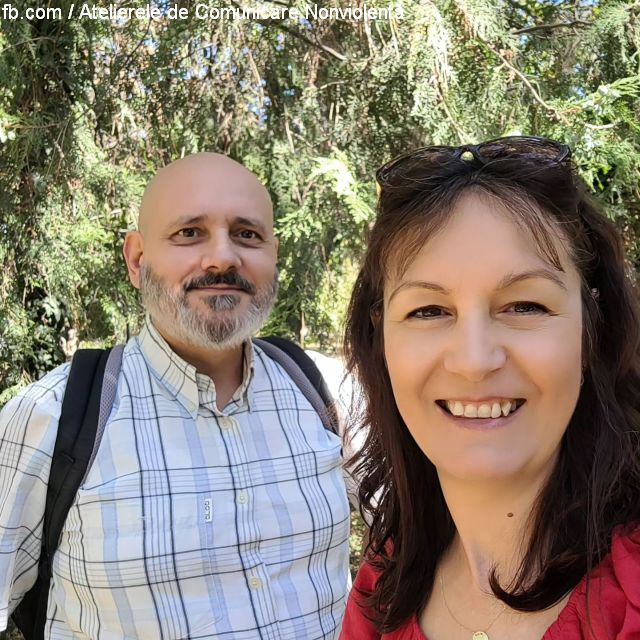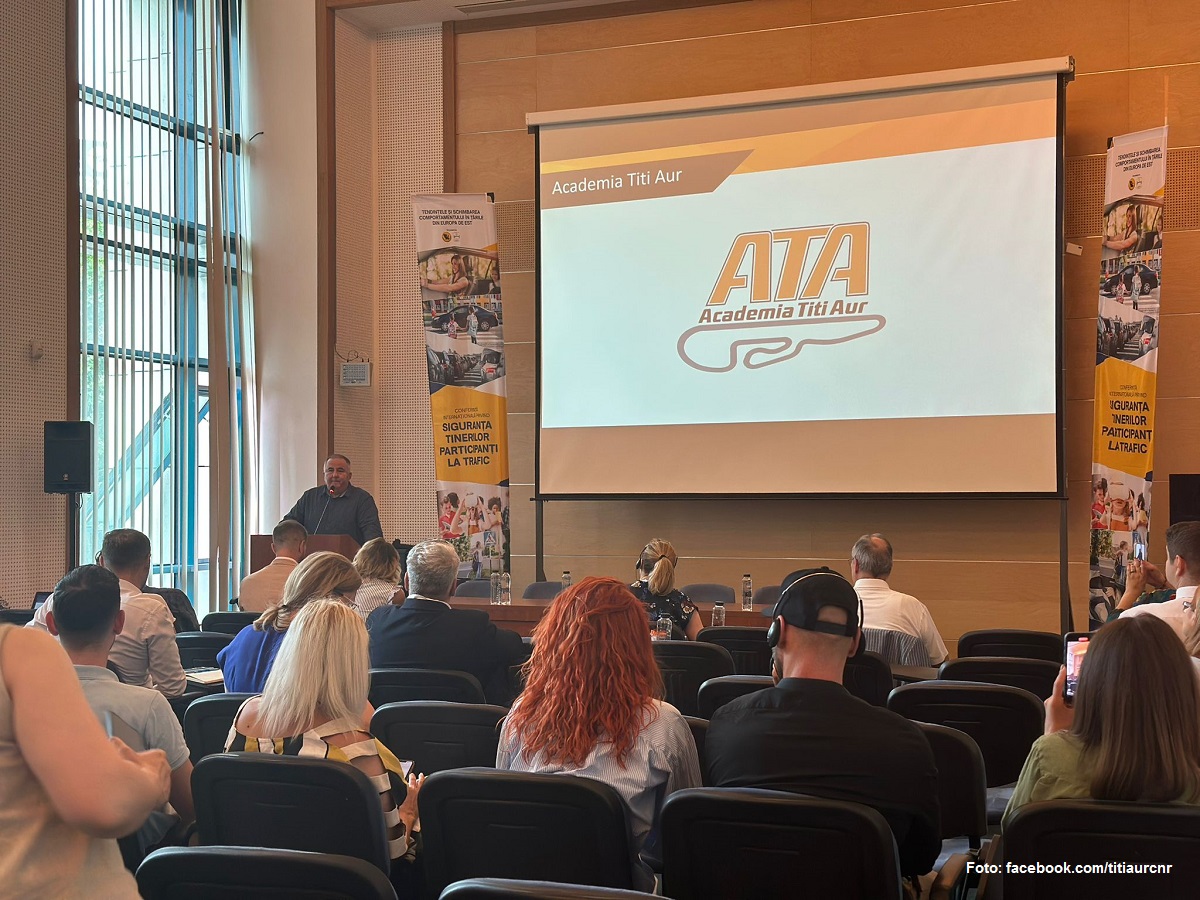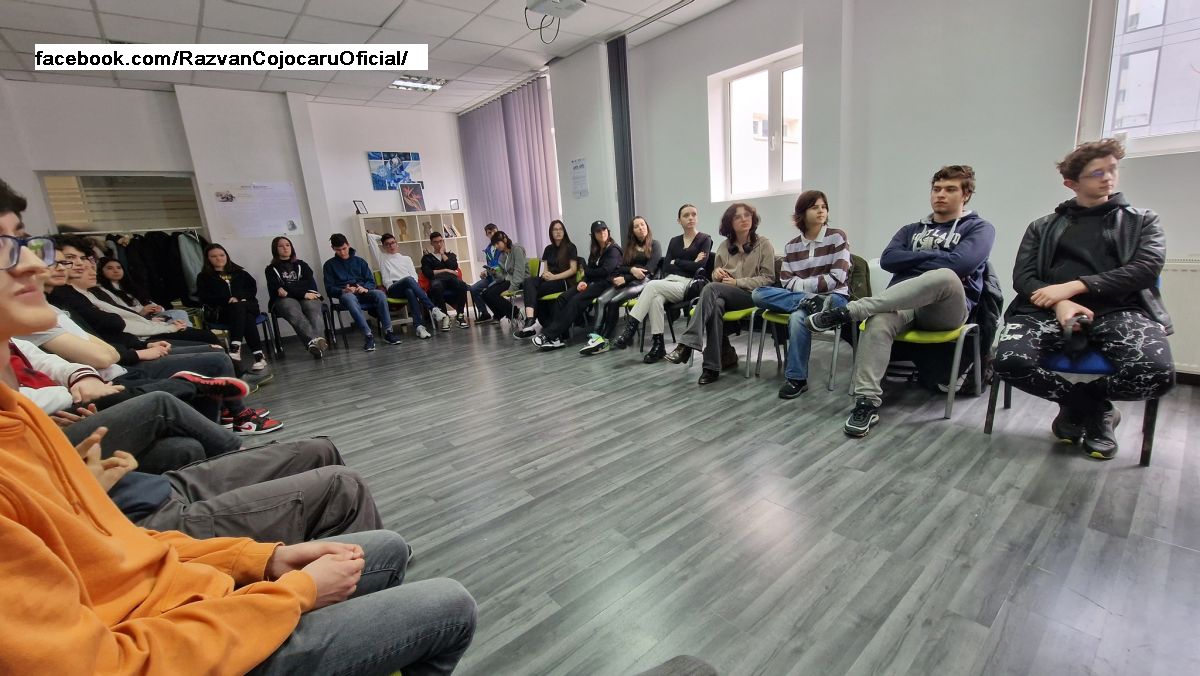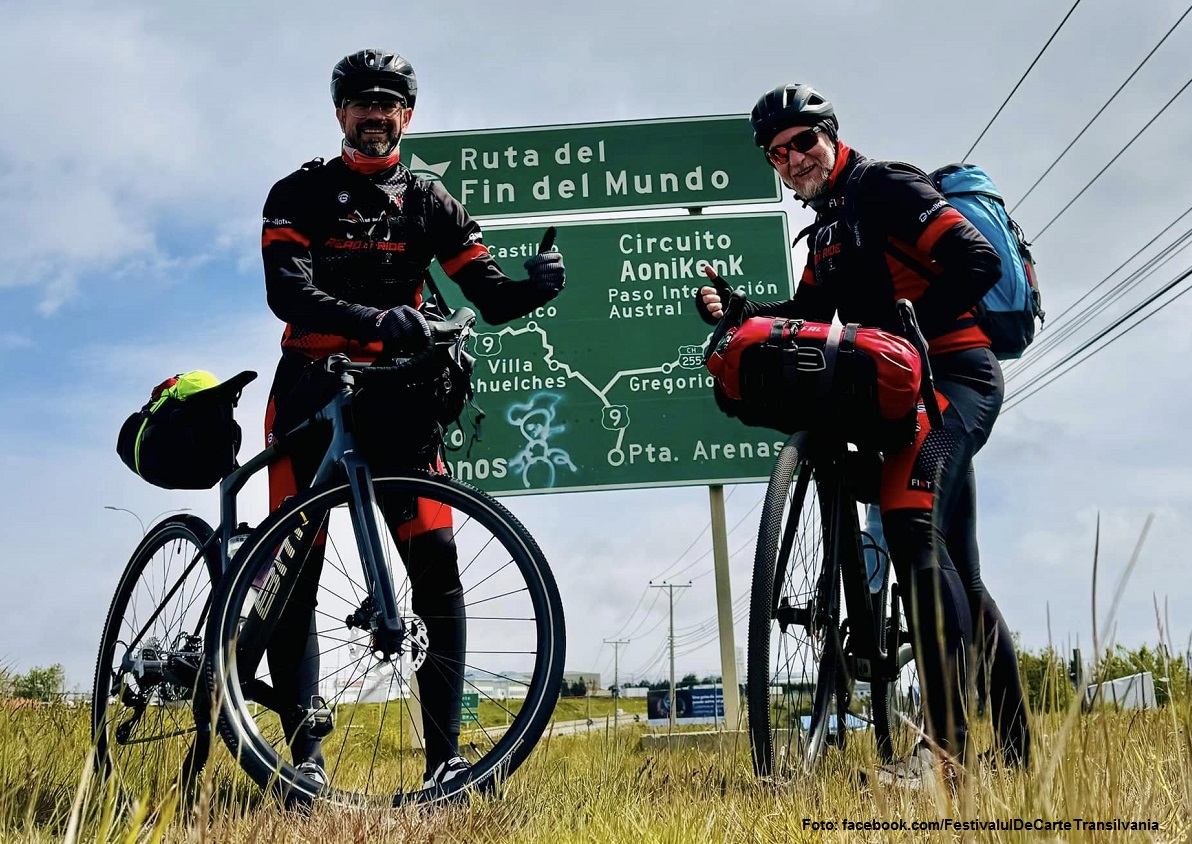How to communicate with empathy
Doesnt listen to me! Doesn't understand me! Doesnt do what I say! We often hear these complaints, but maybe a different approach is needed.

Ana-Maria Cononovici, 19.09.2023, 14:00
Doesnt listen to me! Doesnt hear me! Doesnt understand me! Or even: Never does what I say! These are complaints we often hear from people. But do we ever think there are different ways of achieving our goals?
Octavia Udrescu and Decebal Popescu call themselves facilitators of non-violent communication ever since they started to give workshops aimed at creating a community of people able to speak in a connected and authentic way. We first asked Decebal why they give these workshops:
“For a number of reasons: one of them is my belief that we, as people, have a chance to live a happier and more fulfilled life. We were taught – and its no ones fault in particular – to think in terms of someones right and someones wrong; thats good and thats bad. Well, what Ive discovered and what Im practicing in my workshops for non-violent communication is that perhaps we see things differently and that with some goodwill we can find a way to fulfill both my needs for growth and development, and yours. That for me is extraordinary!”
Ocravia told us how the workshop participants reacted when they understood we all have different strategies to fulfill our needs.
“People would come back and tell us: I have begun to listen to others! I couldnt listen before, I thought what other people had to say was foolish, but now I keep silent. At least I listen and find out interesting things. But what if we dont start with the idea that we are smarter and stop to find out what the others have to say, what their world is like? We will be surprised. Perhaps their ideas are also interesting, perhaps we want the same things, we have the same intentions, but we pursue them differently. Each has their own way of fulfilling these strategies. Its fascinating! I find human nature fascinating and this form of conscious communication is the key to understanding myself. What do I want? Ever since I was a child, I would look at others and try to remember how I used to react, what I did then, what I did when I was a teenager. How did I behave? Did I scream at my mom? Did I slam doors? Of course I did! But why did I do these things?”
Octavia said she first applied these techniques at home, with her daughters, taking the whole experience as a challenge. What was the result?:
“I now have a better relationship with myself and my family and I show much more understanding for them when they say no to me. I talk to my daughter who is 20, an adult. Lets say I need her help doing something around the house and I tell her I need her to help me. And she tells me shed like me to tell her in advance when I need her help instead of forcing it on her that very moment and making her feel guilty if she cant accommodate me. So I change my approach and it works. If you put pressure on people, saying I want it now, it doesnt work. Now Im open to receiving a negative answer and when I ask when its good for her to do those things, they really do happen. People need to contribute, but we want to have the freedom to choose when we do and how we do it.”
We also found out from Octavia that auto-empathy can help us take a no easier:
“I realise its a difficult moment for me to get a no and think what I can do to make it feel better. By this I mean physically better, because getting a no, especially from my family, goes straight to my heart and makes me think they dont love me. So I have to say to myself this isnt about love, its important for them to do something else. I can accept this. So I do something else instead that makes me feel good.”
Decebal Popescu told us how the participants in the workshops respond:
“Wed like more people to take part and more men, also, because most participants are women who want to improve their relationships primarily with themselves. We were happy though, that many people who are parents have been taking part, both moms and dads, who have teenage children. We usually try to create a space where every voice is heard. Each has a few minutes to say why they came to the workshop and at the end I asked them what was it like for them to talk without being interrupted for a few minutes and it was wonderful when they realised thats exactly what they should do with their children.”
This is certainly an experience everyone can use, for we all want to communicate, regardless of our age.






























